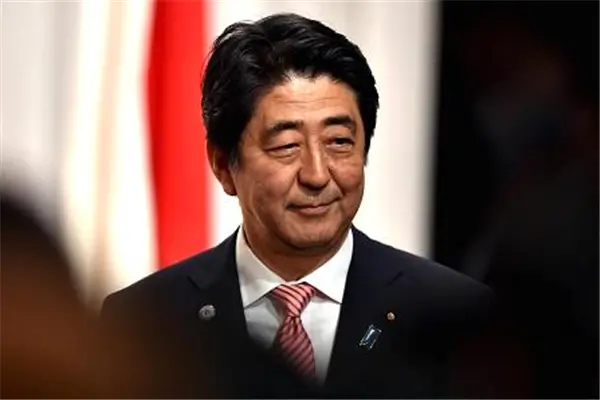Defense chiefs of South Korea and the United States agreed on Monday to a joint operation plan against nuclear and missile threats from the Democratic People's Republic of Korea (DPRK).
U.S. Defense Secretary Ashton Carter, who arrived in Seoul Sunday for a two-day visit, held the 47th round of the Security Consultative Meeting (SCM), the annual defense ministers' meeting between Seoul and Washington, with his South Korean counterpart Han Min-Koo at Seoul's defense ministry headquarters.
The talks resulted in a 16-point joint statement, which approved the so-called "4D operation plan" to detect, track and destroy the DPRK's ballistic missiles mounted with nuclear or biochemical warheads.
The 4D plan for joint military operations and exercises, which stands for Detect, Disrupt, Destroy and Defense, will reportedly be reflected in the "Operation Plan 5015" of the U.S.-South Korea combined forces that will replace the former "Operation Plan 5027" to defend South Korea from possible DPRK missile threats.
The joint anti-missile strategy means a concept of closely watching moves in the DPRK's nuclear and missile bases with U.S. surveillance assets, like military satellites and high-altitude unmanned aerial vehicles, to strike the targets in the DPRK in case of emergency with precision-striking weapons of both Seoul and Washington.
The two defense ministers also sent a warning to the DPRK, saying that the two allies will not allow any type of invasions or military provocations from the DPRK, according to the joint statement.
The statement said that Seoul and Washington will make concerted efforts to show off their joint resolute will to deter DPRK provocations, expressing a "serious worry" about the DPRK's recent indication of pushing forward with the test-firing of a long-range rocket and its fourth nuclear test.
Pyongyang has hinted that it will launch a satellite for the Earth observation.
Citing the DPRK's test-launch on May 8 of a submarine-launched ballistic missile (SLBM), the statement said that it was a clear violation of UN Security Council resolutions.
The statement mentioned the escalated tensions on the Korean Peninsula, caused by landmine explosions in early August that maimed two South Korean soldiers on patrol in the demilitarized zone, saying that the defense chiefs reiterated the need for joint war games between the two allies given the security environment coming from the incident.
The landmine blasts, for which Seoul blamed Pyongyang, were followed by a rare exchange of artillery fire across the inter-Korean border, pushing the peninsula to the brink of armed conflict.
The tensions were eased in late August after marathons talks between Seoul and Pyongyang, leading to a rare reunion of families separated by the 1950-53 Korean War in the DPRK's Mount Kumgang resort in October.
Meanwhile, Carter and Han approved the conditions-based transfer of Washington's wartime operational control of South Korean forces to Seoul. The Pentagon chief told a press conference that the United States will return the wartime command when South Korea has a complete capability of operations, with which Washington alone has been tasked.
South Korea handed over the wartime command of its troops to the United States during the Korean War. Seoul regained a peacetime operational control in 1994, but the return of the wartime control was delayed after Pyongyang's third nuclear test in February 2013.
Carter and Han also agreed to strengthen cooperation in space areas, while stepping up efforts to strengthen the cyberspace alliance with joint cyberspace exercises and military educations.
 简体中文
简体中文

